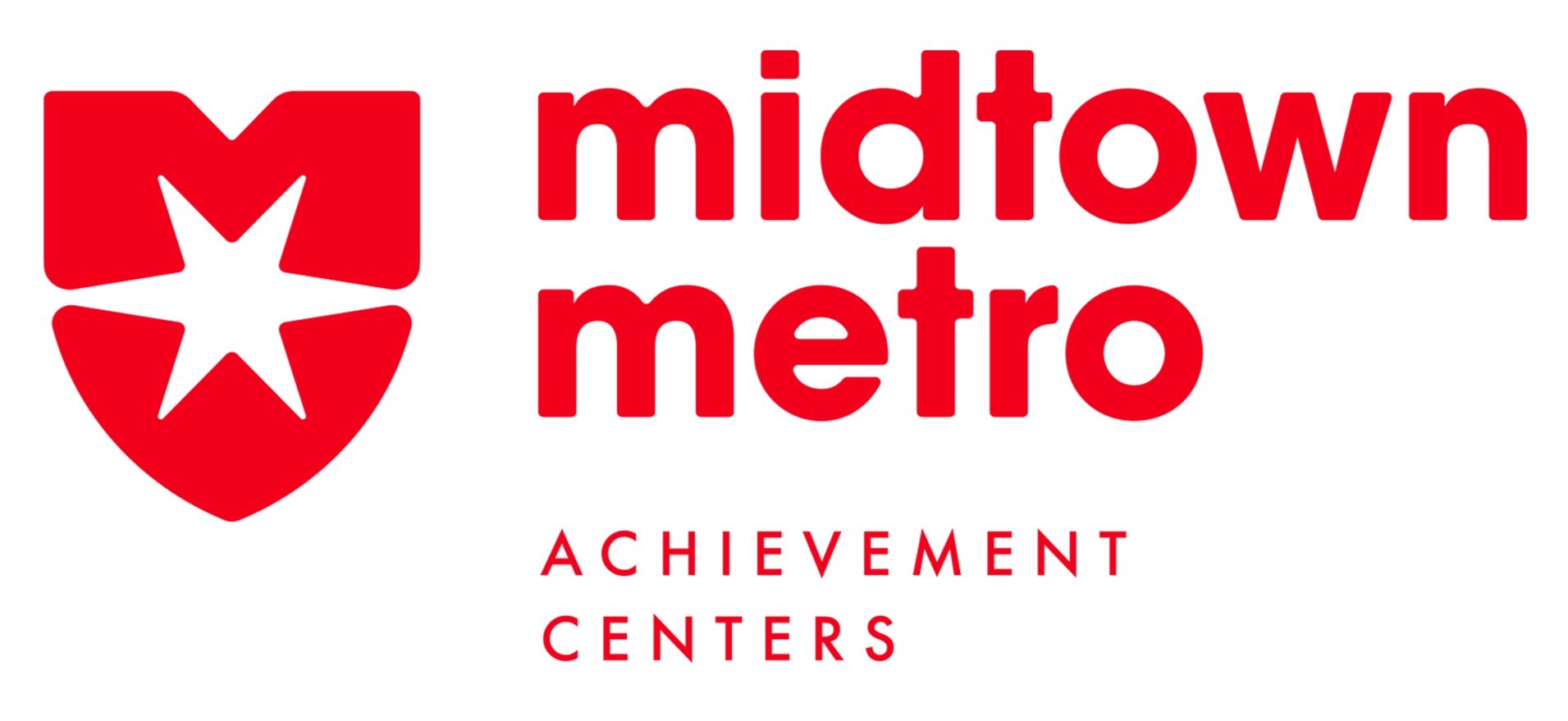Metro Alum Profiled During the Chicago Community Trust's Centennial
The following article was published by the Chicago Community Trust, as part of their "Stories of Philanthropy" series.
Fifteen Years Later, a Dentist Supports the After-School Program That Supported Her
September 15, 2015
The Chicago Community Trust Staff
View Dr. Owusu's 50th Anniversary Profile, part of a series of profiles featuring MEF Alumni over the decades.
When Yaa Owusu participated in the Metro Achievement Center for girls program as a teenager, no one could have guessed how it would impact her life.
Metro, a program of the Midtown Educational Foundation, works with low-income Chicago girls in grades 4 through 12. The program offers academic support, skills building and extracurricular activities. Dr. Owusu was a Metro participant from 1996 to 2000.
“My parents enrolled me in the program the summer of my eighth grade year,” she says. “Metro provided after-school tutoring. We also had speakers, professional women, who motivated us and told us we could do things. That’s what inspired me to seek higher education and become a dentist.”
Today Dr. Owusu is a pediatric dentist—who still remembers Metro’s lessons on the importance of giving back.
“On Saturdays, we fed the homeless. We did Habitat for Humanity. This was stuff I was doing at 13 and 14,” Dr. Owusu says. “When you give back as a child, it’s a lot easier to do it as an adult.”
““When you give back as a child, it’s a lot easier to do it as an adult””
And give back she has: Dr. Owusu started volunteering with Metro in 2007, after she completed her master’s degree.
“I called and wanted to volunteer for the summer. They needed a math instructor. I spent the entire summer teaching these young ladies, in addition to working with Upward Bound teaching science.
Although Dr. Owusu’s current schedule doesn’t allow her to tutor anymore—in addition to running her practice, she’s also on the faculty at Marquette University—she finds ways to stay involved. She currently donates two iPads each year to Metro’s student reading program.
“Students who read the most get this prize. I thought: I can’t give my time, but I want to give something to these young ladies. I feel like it’s my obligation. I’ve had professional women give back to me and I want to give back to young women. Many of these girls are minorities; some come from a disadvantaged background. And while I didn’t grow up low-income, I am a first-generation college graduate. My first cousins and I didn’t come from a background where our parents knew how to lead or guide us toward college. I see that same lack of guidance in a lot of the young women in the program.”
Owusu also spends a lot of time working to raise the profile of Metro and similar programs so they can increase their reach.
“If we have more programs like Metro available in vulnerable communities, we keep kids off the street, keep them involved,” she says. “The programs also need to have multiple sites. Transportation is an issue with low-income students. With just one location, a lot of students can’t get there. It’s similar to the issues we face with access to care. If families can’t get to the office, they don’t get care.”
Even though she has a demanding schedule, Owusu hopes to grow her contribution to the organization as her practice grows. She encourages others to volunteer in their communities, stressing that “No amount of time is too little, no monetary contribution is too small.”
Dr. Owusu says even college students can reach back to help younger people in their neighborhood.
“While they’re at school, they could host college visits. That would be helpful,” she says. “Or volunteer to read personal statements, or talk about the college experience, about the first year on campus. That doesn’t take much time, but can make a real difference.”

